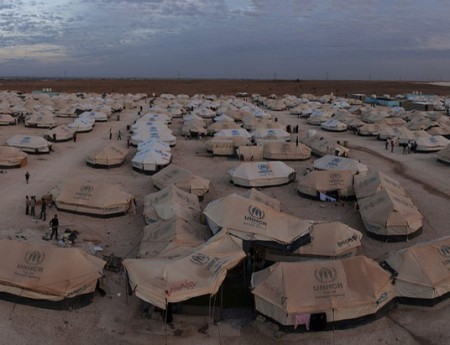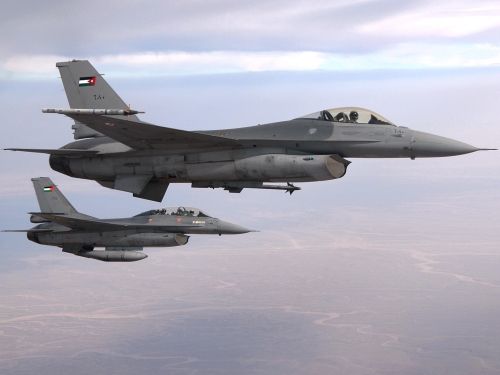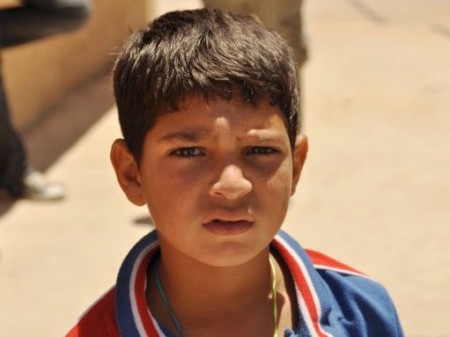
This article was originally published by the Council on Foreign Relations in March 2016.
In 2013, the Council on Foreign Relations (CFR) Contingency Planning Memorandum “Political Instability in Jordan” warned that the biggest threat to the stability of the Hashemite Kingdom stemmed from local grievances eroding the regime’s core tribal base of support. Although economic privation, the slow pace of reform, and a widespread perception of corruption remain significant sources of popular frustration in Jordan, the palace has since vitiated its most potent tribal and Islamist domestic political opposition, the Muslim Brotherhood. But as the risk of domestic unrest has diminished, the potential for spillover from the Syrian conflict has grown, posing an increasing threat to Jordan.
New Concerns
Jordan has a long tradition of providing sanctuary for refugees, but the kingdom has reached the saturation point. Syrian refugees in Jordan—currently around 1.4 million—constitute a significant source of instability in the kingdom. Only half are registered with the Office of the UN High Commissioner for Refugees (UNHCR) and less than 10 percent live in formal refugee camps; the majority are spread throughout the country.


